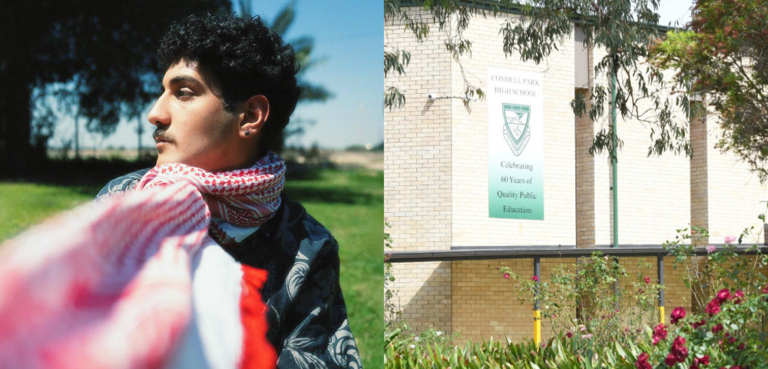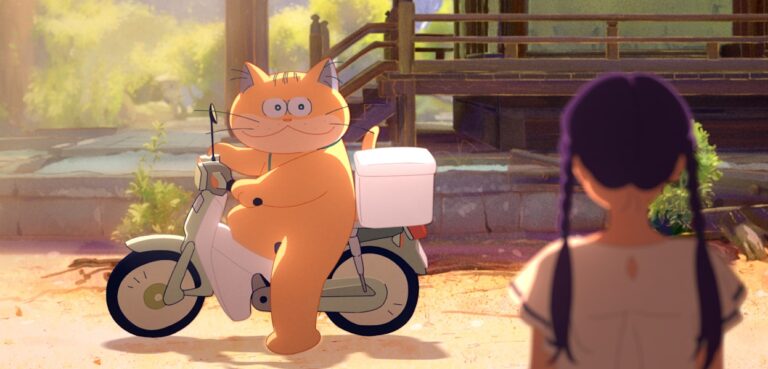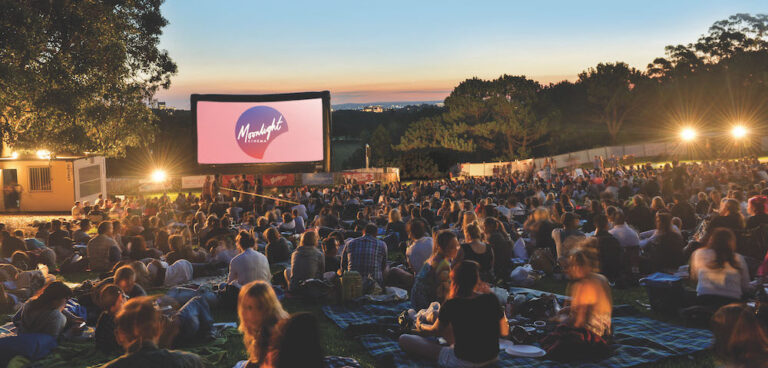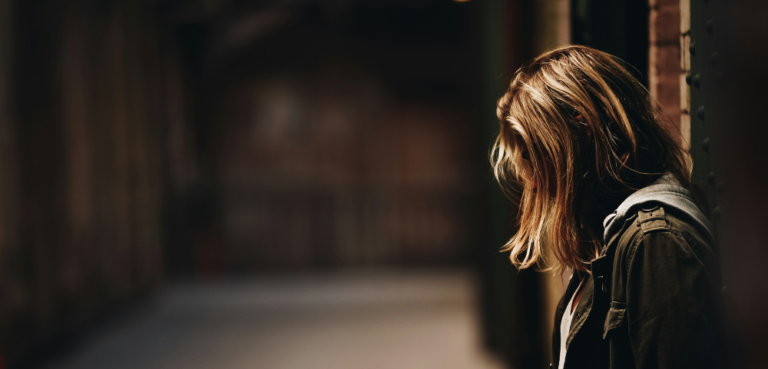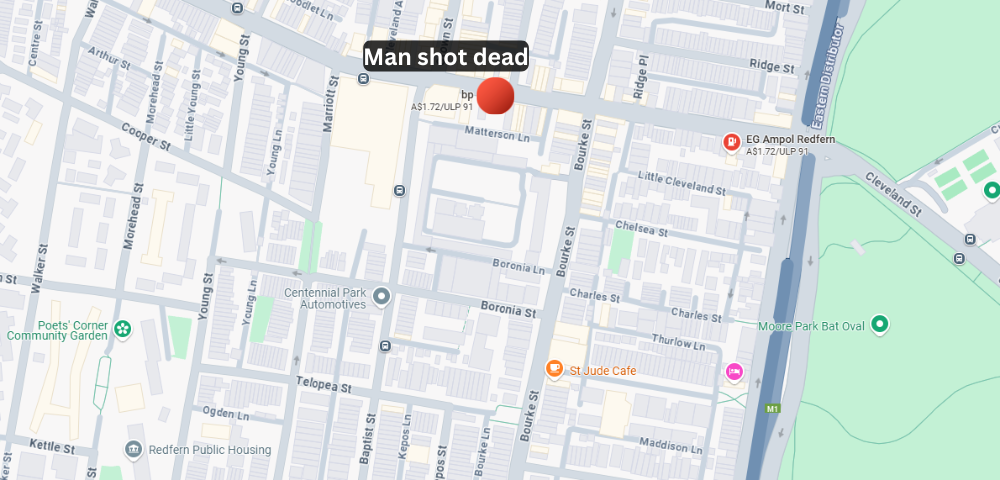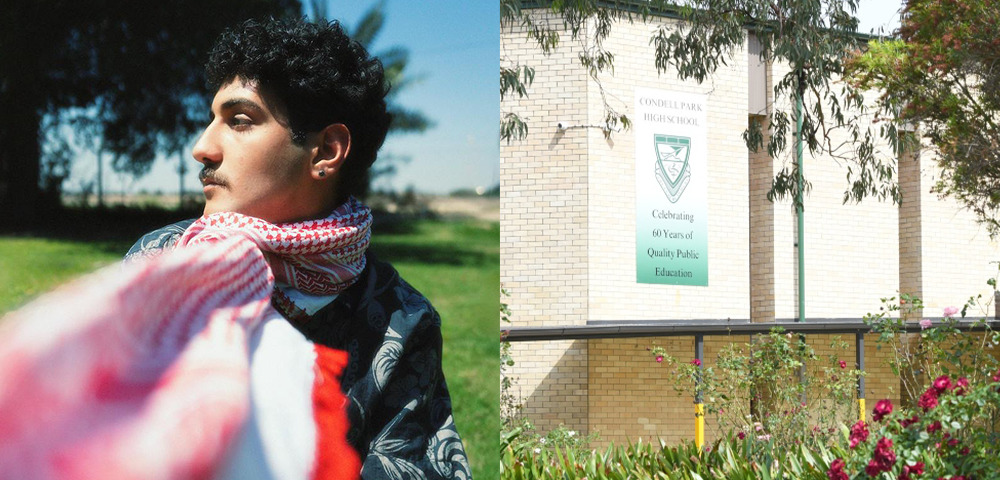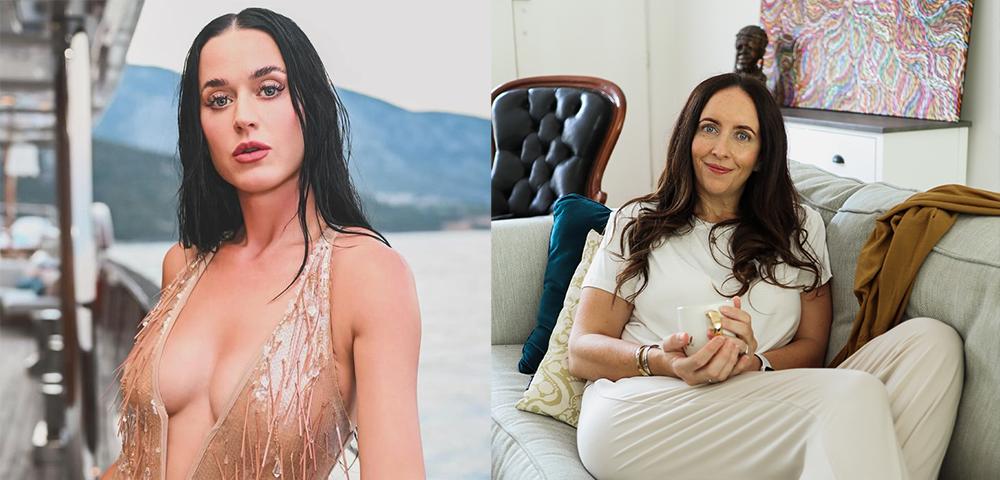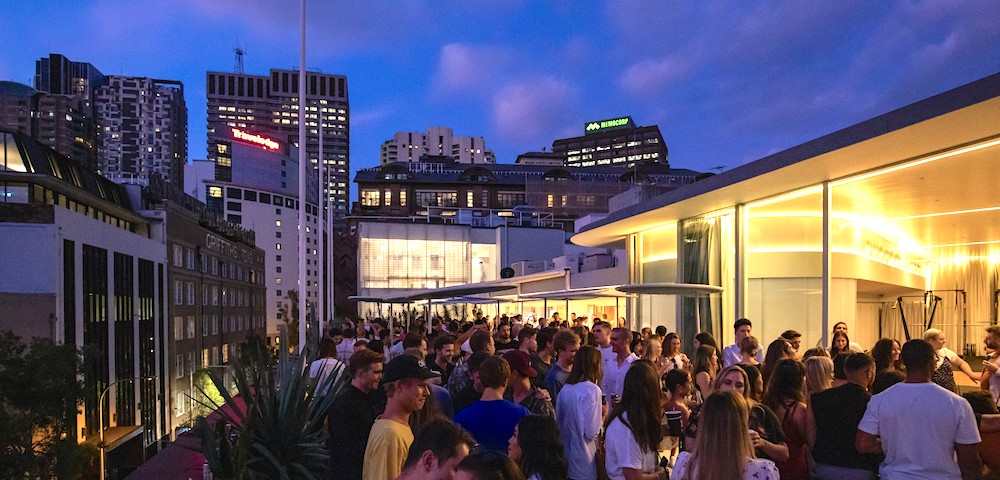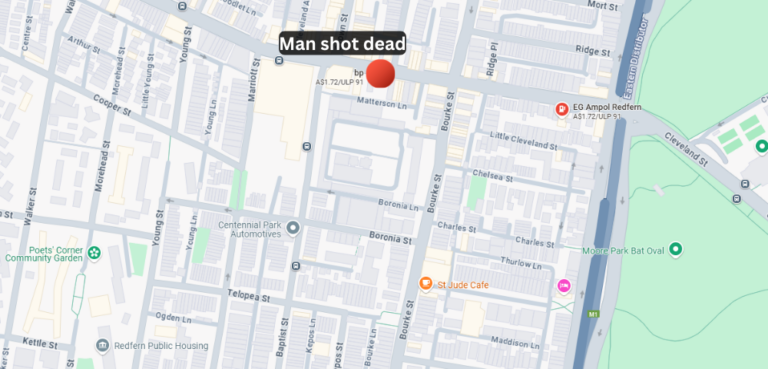
When the Cross was a larrikin
By Clem Gorman
So the Cross is in the news again, and probably not for the last time. The Kings Cross we know today, however, is a far cry from the larrikin, Bohemian enclave that it was before the drug trade brought big money, and high stakes, into those twisted, narrow streets.
Today the pimps wear unstylish clothing because their habit leaves no money for sharp clothes, accountants and lawyers protect the Mr Bigs, and backpackers sit in internet cafes oblivious to the startling history of this unique area. The “King of the Cross” is a wealthy nightclub owner.
As recently as the 60s, though, the Bohies and the larroes were the kings of Kings Cross; wearing stylish or outlandish clothing, hanging out in cafes that barely made a buck, arguing philosophy on street corners, making love, drinking red wine, playing guitars in tiny, grubby bedsits, and dreaming – dreaming of a world where love and community trumped profit.
There were the hard men, too, of course. Carrying Smith and Wesson snub-nosed revolvers, they engaged in petty cons, the occasional murder, and of course standover – extortion, in other words. They mingled with the Bohies and larroes, the Outsiders in the words of Colin Wilson’s famous book, in cafes hidden away in the backs of buildings where the Consorting Squad police would not see them, and sometimes the Outsiders would do odd jobs for them – hiding or transporting stolen goods or cash.
Paddy O’Neill was a hard man with a gun, except that, big as he was, he got beaten up more times than he had hot breakfasts. He sold leaking fountain pens to nervous tourists in Darlinghurst Road, worked as a rather ineffectual bouncer, and was one of the kindest and gentlest men I’ve ever known. Gordon Mutch was a Bohie who invented a whirling painting machine that could turn out abstract expressionist paintings for tourists in Lankelly lane– except that it splattered paint all over them before they could get their wallets out. Evie Williams was a paper (prostitute) who hated charging and often gave her body away free, donated her profits to charity and lived poor.
Sweethearts was where the two groups met – and Jackie’s Cafe, at the back of an arcade built by an eccentric gay man who made and lost fortunes and deliberately had himself sent to Long Bay Gaol because he loved running drama clubs in prison. There you would meet a “professional gambler” – read itinerant jack of all trades – a jazz singer with a smack habit and the most golden voice you could imagine, a couple of petty crims who put on overalls, walked into electrical goods stores and wheeled out fridges on trolleys, saying they were “from the manufacturer”, Sexual Slim, an ugly man with a huge knife scar on his cheek who boasted about his conquests of young girls, Paddy, a beautiful, powerfully built young Irishman who needed to have at least one fight a night, and the original “Kings Cross Yank”, a sharply dressed bodgie who lived off women, wore black, drove a black sports car and owned Dobermans: he was also a painter of real talent. You might also meet a woman in a long dress who was later to become one of Australia’s better known novelists. An American Beatnik named Millard from San Francisco who had co-invented poetry-and-jazz. Or a pleasant, polite, always-joking man who made his living as a professional hit man.
Rowie Norton, a famous witch, had her own cafe downstairs on the Darlinghurst side of the Cross. Abe Saffron ran parties at a big house nearby where call girls, gangsters and Outsiders mingled, and pleasured themselves. El Rocco*, in Brougham Street, was Sydney’s only jazz club, where amazing musicians, some of them self-taught, would play late into the night for peanuts, and the love of music.
And the casinos, one in Macleay Street, one at the top of William Street, one in Kellet Street, and one in Forbes Street, flourished as glamorous, kitchily decorated, naughty places to be, before the Government stepped in to create the giant, characterless cash cow that now despoils Pyrmont Bay. At one of them I watched a young man lose all his savings in a desperate bid to get enough bread to join his girlfriend on a ship to England: he committed suicide later that night.
Later there was the Bourbon and Beefsteak, set up for American soldiers on leave from Vietnam and frequented by the underworld and by artists: a place where you could dance to marvellous R and B. Or the notorious Costello’s, where judges and wealthy businessmen would go to meet young male prostitutes. And not to forget Baron’s, the late night bar in Roslyn Street where people who could not sleep, went not to. The Paradise Jazz Cellar, where one night I watched the famous black American alto sax player Sonny Stitt reach the heights, shortly before his death. Arthur’s, on Victoria Street, was a meeting place for actors, painters, film makers and writers.
How do I know all this? I was what was known as a “Kings Cross Knockabout”, a young man from the suburbs seeking life experience. I knew all the people but was not expected to get too involved in their shenanigans.
A few institutions survive to this day, most notably the Piccolo Cafe in Roslyn Street, since 1950, and presided over by the witty and warm Vittorio. It’s been through changes, but still going strong. The New York Cafe still serves inexpensive Aussie tucker to those who didn’t become drug lords. And … well, that’s about it.
Today, mostly the Outsiders have gone, swallowed up by North Coast communes, by marriage and suburbia, or by early death. Now and then you can see a bemused older person wandering the streets, like a ghost from the Past, a place where they do things differently. Next time you see one, give them a smile and speak to them in Bohemian. They’ll love you, Man.
* Editors note: El Rocco is still operating.
